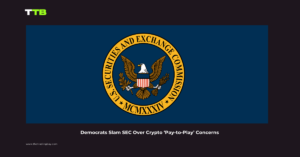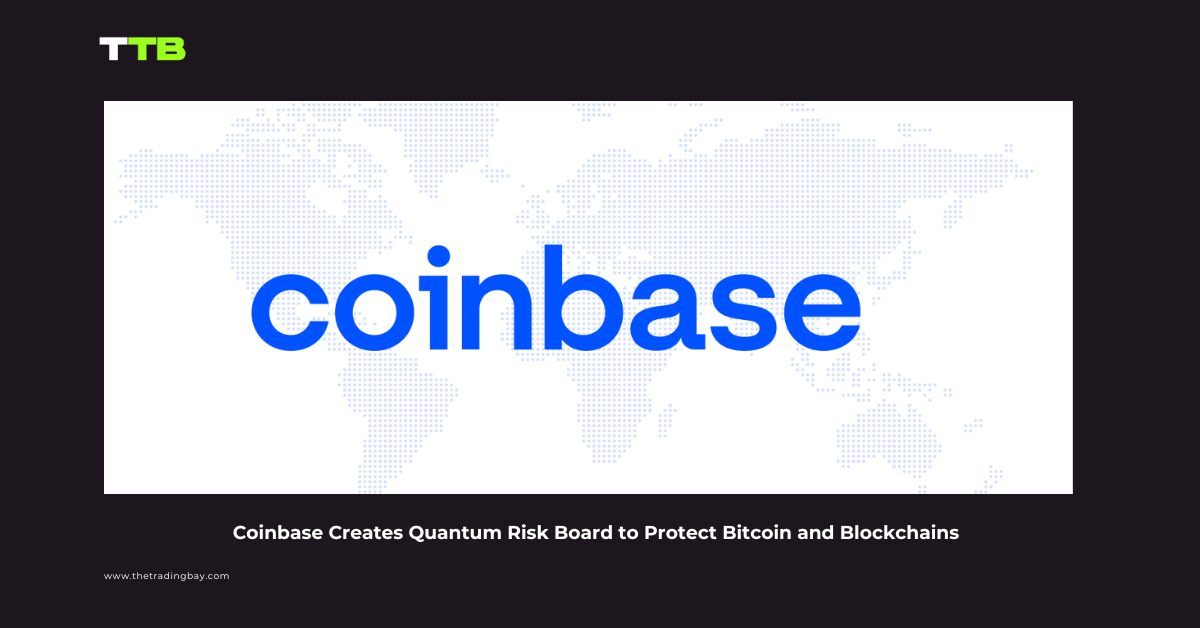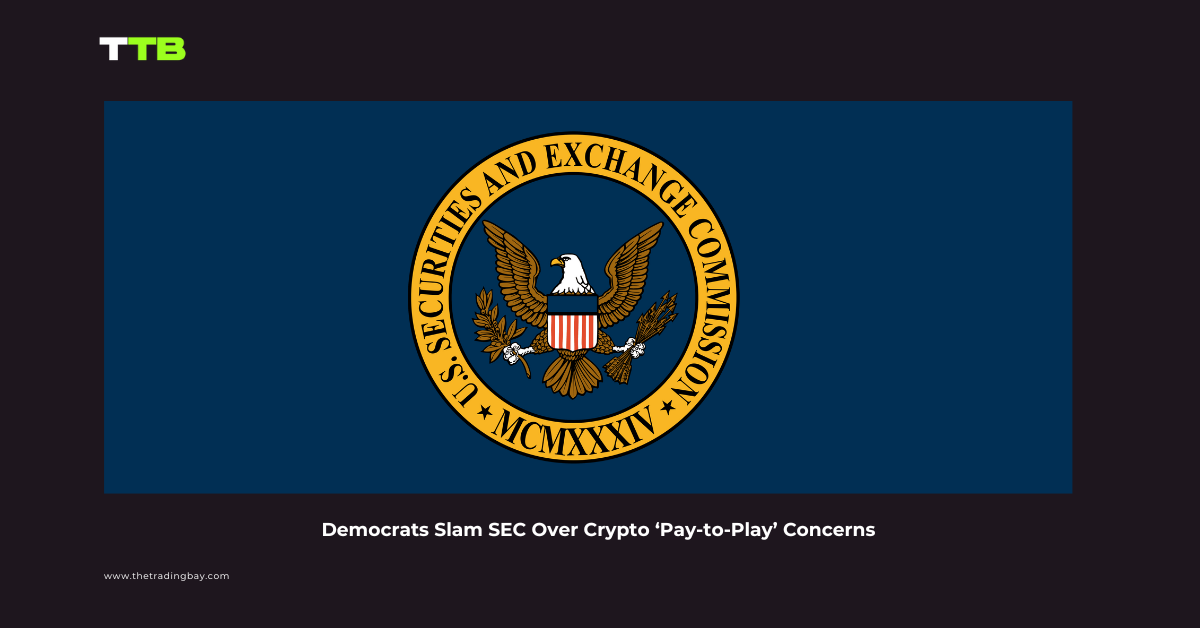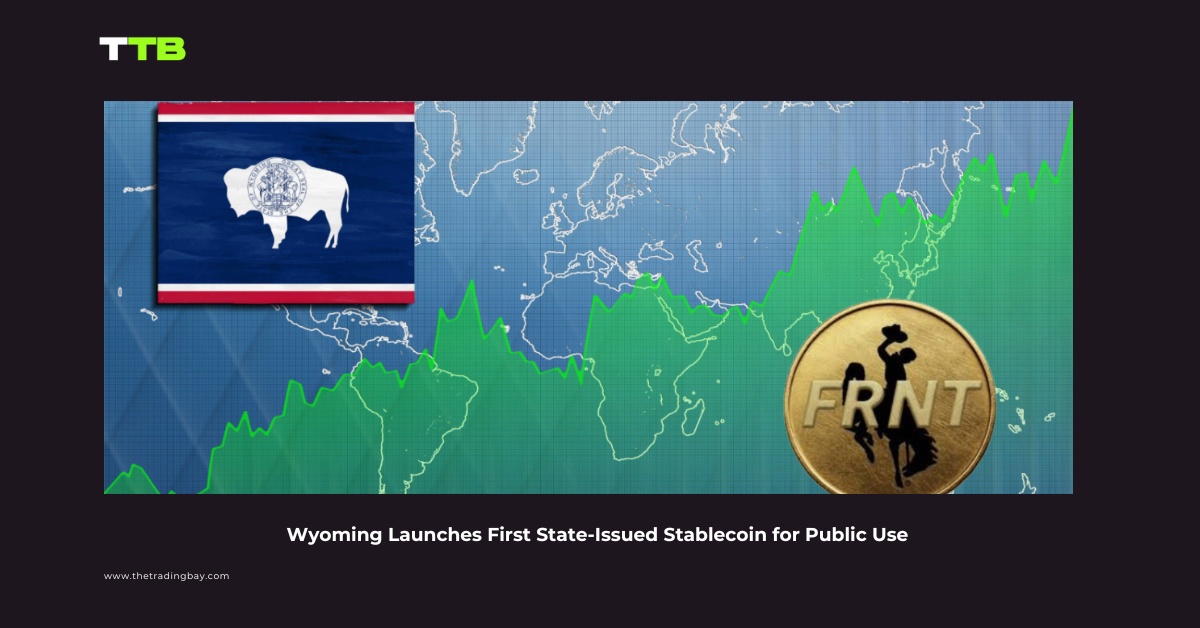Blockchain technology has evolved beyond its initial application in cryptocurrency. Today, it’s being utilized in various sectors, including healthcare, where it offers a secure and transparent way to store and manage data. This technology can enhance data integrity, empower patients to control their data, and improve transparency in supply chains, verifying the authenticity of medicines. It also aids in patient identification and has the potential to simplify data storage and exchange, thereby enhancing biomedical research.
Despite the numerous benefits of blockchain technology, its applications in the German healthcare sector are still limited. In 2019, the German Federal Ministry of Health acknowledged the potential of blockchain and organized a workshop on the subject. Out of 142 project outlines, 20 finalists were selected, and projects like secure electronic prescriptions, decentralized Patient Consent Service forms, and a blockchain-based certificate of incapacity for work were awarded prizes. However, none of these projects have been implemented to date.
What’s hindering Germany from adopting blockchain in healthcare?
According to Volker Nürnberg, a professor of management in healthcare at the Technical University of Munich, the highly regulated nature of the German healthcare sector and its perception as not always being a driver of innovation pose significant challenges, especially for startups. He also highlighted the technical, ethical, and privacy hurdles that make blockchain implementation difficult.
The General Data Protection Regulation (GDPR) ensures that sensitive patient data is processed with strict security and confidentiality. However, these requirements can pose a challenge for blockchain applications, which rely on data transparency and immutability. This could potentially conflict with the right to be forgotten or the principle of data minimization.
Lukas Weidener, a doctor of medicine and investor in various medical decentralized autonomous organizations, believes that these regulations could lead to firms in other countries overtaking German companies, limiting the control and influence of German industry in the global development of these technologies. However, he also sees the GDPR as an opportunity to promote the development of blockchain applications that comply with high standards from the outset.
Another factor hindering adoption is blockchain technology’s association with cryptocurrencies. The volatility and security concerns of cryptocurrencies negatively impact public perception. Additionally, the perceived energy consumption of some blockchain protocols can lead to concerns about environmental sustainability.
Adopting blockchain technology in healthcare also requires significant investment in technology and expertise, which is particularly challenging for smaller clinics and practices. The need to update or even completely replace existing IT infrastructures and the lack of standardized solutions make implementation even more difficult.
Weidener emphasized the importance of targeted investment in research and funding, especially for new technologies that comply with data protection regulations. Without this investment, Germany risks falling behind technologically, and patients may lose access to advanced technologies.
In conclusion, for Germany to play a leading role in the development and implementation of blockchain applications in the healthcare sector, there needs to be close cooperation between technology developers, data protection officers, and regulatory authorities. The aim must be to develop innovative solutions that ensure both technical progress and the protection and security of patient data.












